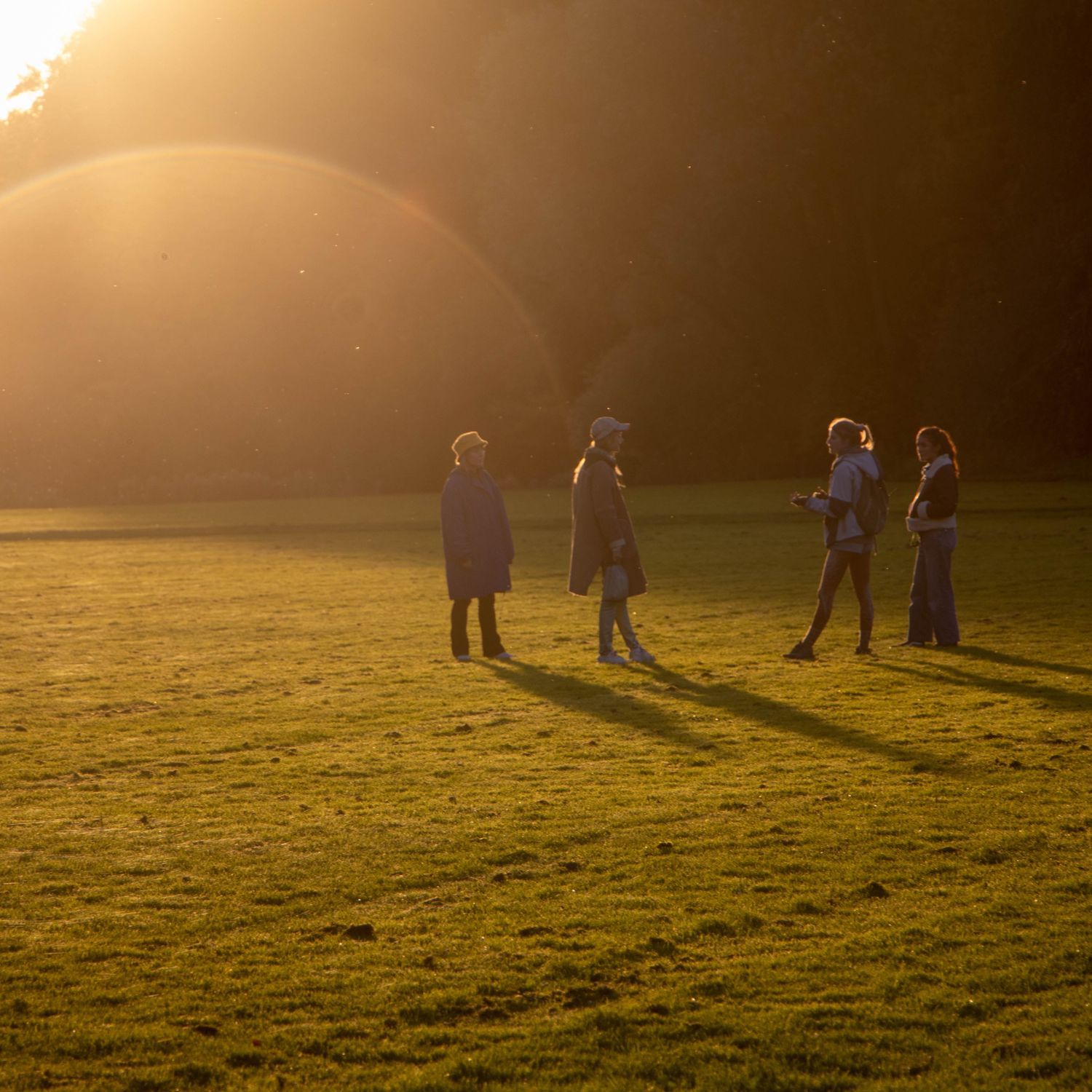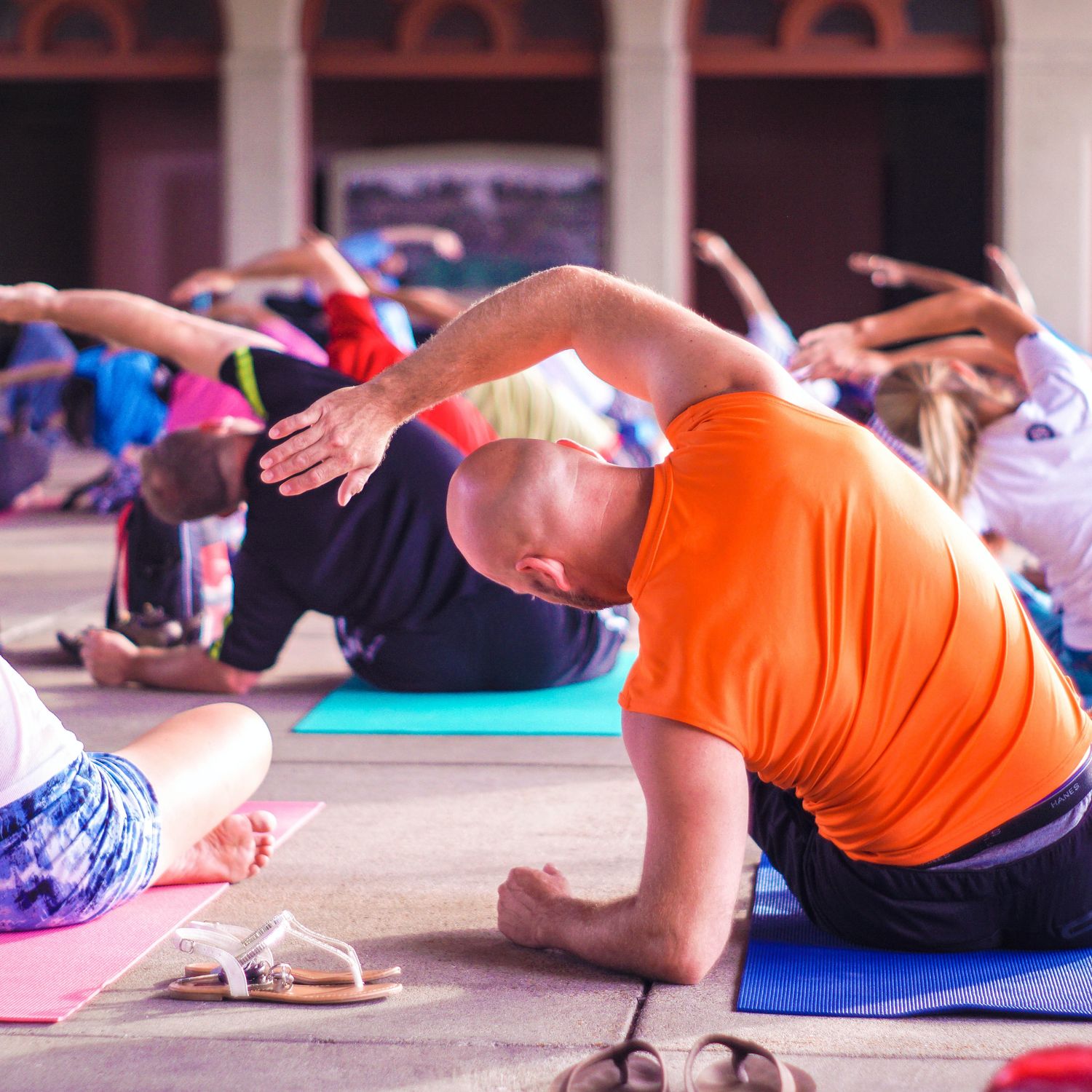Loneliness and addiction
As loneliness fuels addiction, addiction, in turn, causes loneliness. As the addiction worsens, many people damage relationships and lose friends, creating even stronger feelings of loneliness and isolation. Without support, it is incredibly difficult to cope with those feelings without drugs, alcohol or the behavioural addiction – so the circle continues. Therefore, loneliness can be both an effect and an impact of addiction.

It’s no surprise that being lonely has detrimental effects on mental and physical well-being. The feelings can stem from a multitude of reasons, such as grief following loss, divorce, separation, or miscarriage. Not only can loneliness increase the risk of depression, suicidal thoughts, heart conditions, and other illnesses, but it can also trigger or fuel addiction.
Loneliness or depression can result in using alcohol, drugs or a certain behavioural addiction to deal with those feelings. Turning to the “comfort” of these becomes a way of coping with feeling alone, unloved, rejected, and confused – it can be a way to numb that pain. Addictive behaviours sometimes help to avoid confronting their problems, delivering a false sense of security.
It is a vicious cycle because when the drugs, alcohol or addictive behaviour is not present, all the emotions they were unable or unwilling to deal with come racing right back. When they don’t find ways to cope with the original emotion, it just keeps building and building.
People using substances or certain addictive behaviours to cope with loneliness, depression, stress, and anxiety avoid dealing with the reality of their situation and their feelings; they often live in denial, guilt, and fear. They may feel trapped and unable to escape the situation and they often hurt those around them because they, in turn, are hurting and angry. Loneliness also disrupts sleep, increases anxiety, suicidal thoughts, and risk of self-harm.
Fighting loneliness can have the effect of fighting addiction too, as positive relationships impact your life in a significant way. Support groups and treatment can help to break the cycle of addiction. Lifestyle changes can also bring positive changes and greatly improve the situation. In the AA big book the fellowships are a substitute for your addiction and loneliness - this allows people to be able to release from themselves.
Why not take on new hobbies such as hitting the gym, painting, dancing or even pottery classes. Learning new things and keeping active can have a real positive impact on your mental health.
These changes, in collaboration with the right treatment programmes, can have a strong positive impact on your life and help you fight both loneliness and addiction. Treatment addresses the addiction problem holistically, mentally, emotionally and physically!
